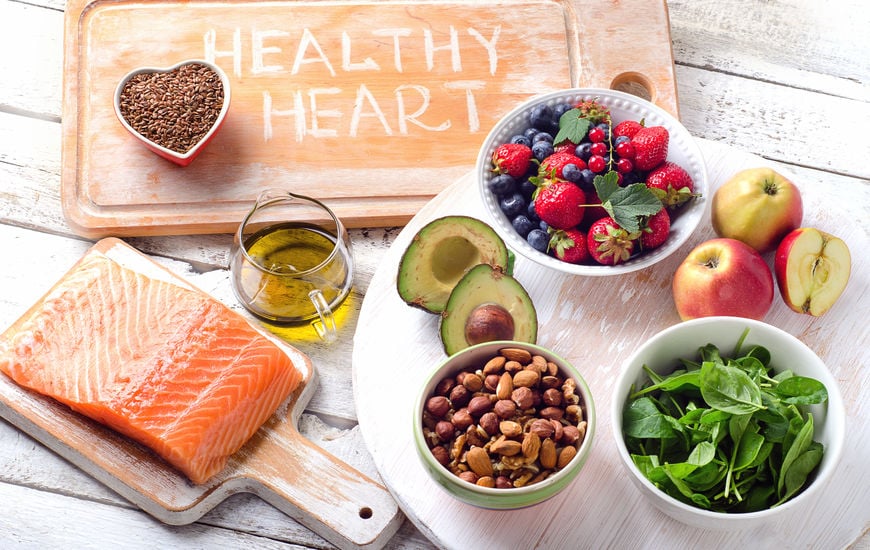Cut Out These 3 Foods Now

Heart disease remains one of the leading causes of sudden death worldwide. While genetics and lifestyle play a role, what you eat and drink has a major impact on your heart health. Certain foods and substances, when consumed in excess, can silently damage the heart and blood vessels over time. If you want to protect your heart and live longer, here are three things you must avoid taking too much of:....CONTINUE READING THE FULL STORY HERE
1. Excess Salt (Sodium)
High salt intake increases blood pressure, which puts extra strain on the heart and arteries.
Over time, this can lead to hypertension, heart attack, and stroke.
Processed foods, instant noodles, canned soups, and fast food are major sources of hidden salt.
Tip: Reduce table salt, read food labels, and flavor meals with natural herbs instead.
2. Saturated and Trans Fats
These unhealthy fats raise bad cholesterol (LDL), which clogs arteries and restricts blood flow to the heart.
Foods high in these fats include fried foods, pastries, margarine, fatty meats, and some packaged snacks.
Excess intake increases the risk of artery blockage, heart attack, and sudden death.
Tip: Choose heart-friendly fats like olive oil, avocado, and nuts.
3. Excess Sugar
Too much sugar leads to obesity, diabetes, and metabolic syndrome, all of which increase heart disease risk.
Sugary drinks, sweetened snacks, and refined carbohydrates overload the body and cause long-term damage.
High sugar intake also contributes to chronic inflammation, which harms blood vessels.
Tip: Replace sodas and sugary drinks with water, unsweetened tea, or natural fruit smoothies.
In summary: To reduce your risk of heart disease and live a healthier, longer life, cut down on salt, unhealthy fats, and sugar. Balancing your diet with fruits, vegetables, lean proteins, and whole grains can help your heart stay strong.
